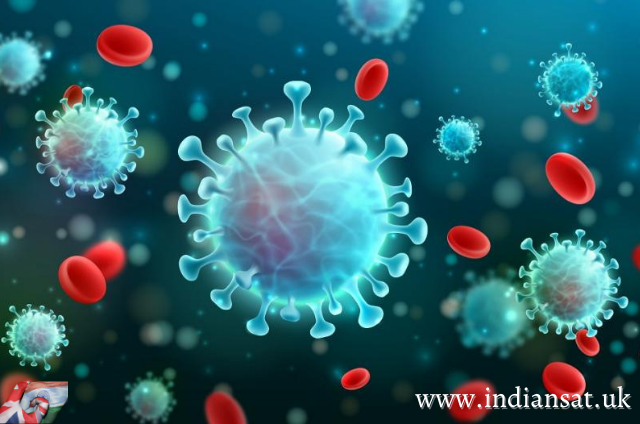LONDON: A sub-type of the Indian variant of Covid-19 found in the UK – B.1.617.2 – has been reclassified from “variant under investigation (VUI)” to “variant of concern (VOC)” after it was found to be highly transmissible.
Public Health England said: “Following a rise in cases in the UK and evidence of community transmission, PHE has reclassified B.1.617.2 – classified as a VUI on April 28 – as a VOC. This is based on evidence which suggests this variant, first detected in India, is at least as transmissible as B.1.1.7 (the UK variant).”
Cases of the B.1.617.2 variant increased to 520 from 202 over the last week, PHE said, mainly in London and the northwest town of Bolton, with almost half the cases related to contact with a traveller. Health teams and NHS Test and Trace are now focused on limiting onward spread. Enhanced contact tracing and enhanced community and surge testing are in place in affected areas, as well as increased community engagement.
It was on April 15 that the so-called “Indian variant” of Covid-19 (B.1.617) was first discovered in the UK and designated a VUI by PHE. This variant includes a number of mutations, including E484Q, L452R, and P681R. E484Q and L452R – found together for the first time in India – are together known to be more infectious, more transmissible, and evade antibodies.
On April 29, two additional variants, also first detected in India and sharing the same parent lineage as B.1.617, were discovered and designated variants under investigation. These were branded as B.1.617.2 and B.1.617.3. It is B.1.617.2 that is of real concern to the UK.
Dr Susan Hopkins, Covid-19 strategic response director at PHE, said: “We are monitoring all of these variants extremely closely and have taken the decision to classify this as a variant of concern because the indications are that this B.1.617.2 is a more transmissible variant.” B.1.617 and B.1.617.3 remain variants under investigation.
![]()






